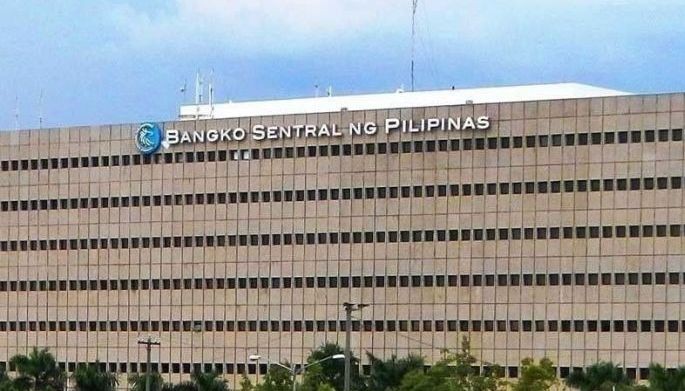MACTAN, Cebu, Philippines — The Bangko Sentral ng Pilipinas (BSP) and the International Monetary Fund (IMF) raised concerns over the growing risks tied to the expansion of the non-bank financial sector and emerging technologies.
During the 2024 BSP-IMF Systemic Risk Dialogue in Cebu, BSP Governor Eli Remolona Jr. said the non-bank financial sector has noticeably grown since the global financial crisis.
He said that while the growth of the non-bank sector diversifies the financial landscape and reduces concentration risks, the risks have not entirely shifted away from traditional banks.
Instead, the interplay and interdependencies between banks and non-banks create a more complex dynamic that regulators need to monitor carefully.
“There is much diversity within non-bank financial institutions, just as there are interlinkages with non-banks and banks. In exchanging interlinkages, its opportunities and risks should be of great interest to regulators and practitioners,” Remolona said.
Based on central bank data, the number of non-banks rose by 2.3 percent to 17,018 as of the second quarter from 16,631 a year ago. This includes private insurance companies, which only cover domestic and foreign companies.
The total resources of the non-banking sector went up by 5.3 percent to P5.52 trillion as of end-June from P5.24 trillion a year ago.
IMF Asia and Pacific Department director Krishna Srinivasan said the role of less regulated, non-banked financial institutions have increased.
“These developments could amplify negative shocks, especially given the worsening risk landscape and increased uncertainties with significant implications for financial stability,” he said.
Srinivasan said the external environment presents challenges as the impact from worsening geopolitical tensions and conflicts could spill over into commodity and financial markets, increasing trade costs and affecting domestic demand.
There is also the risk of escalating trade tensions among big trading partners. Monetary policy uncertainty in advanced economies may also affect decision-making in emerging markets in Asia.
New technologies could also present some challenges. “We must consider how the adaptation of digitalization and artificial intelligence in financial market activities may affect financial stability,” he said.
“While these advancements can drive efficiencies, they may also introduce new risks and exacerbate existing vulnerabilities,” Srinivasan said.
The two-day conference of the BSP focused on developments and challenges, delving into financial stability risks in 2025 as well as examining the impact of digitalization and emerging technologies on the system.


